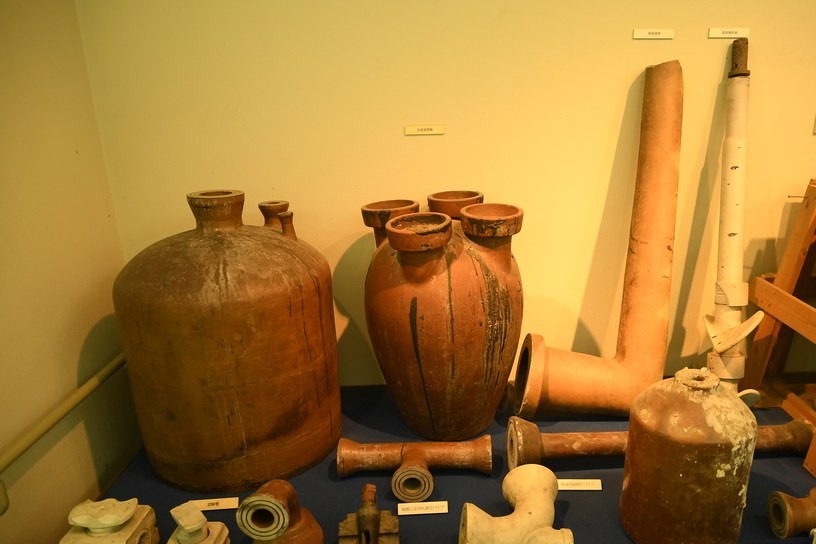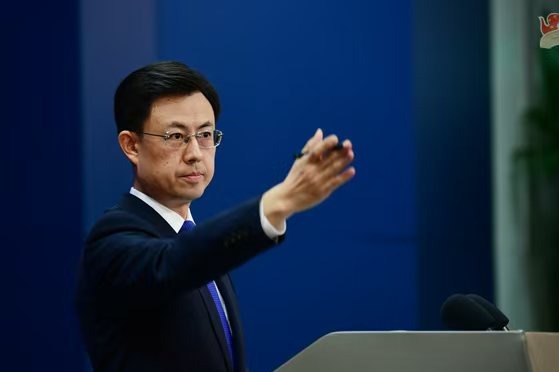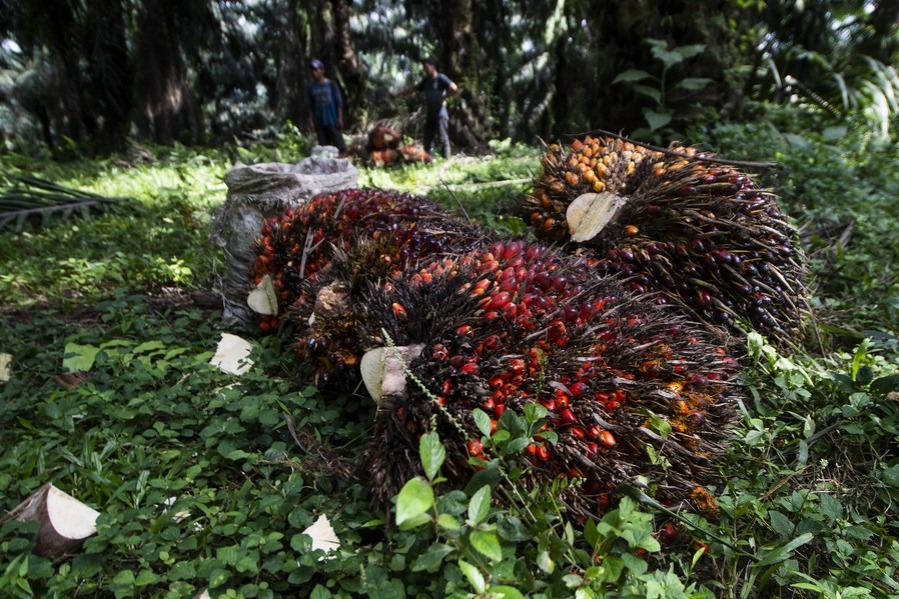Work begins on three critical tunnels of China-Kyrgyzstan-Uzbekistan Railway

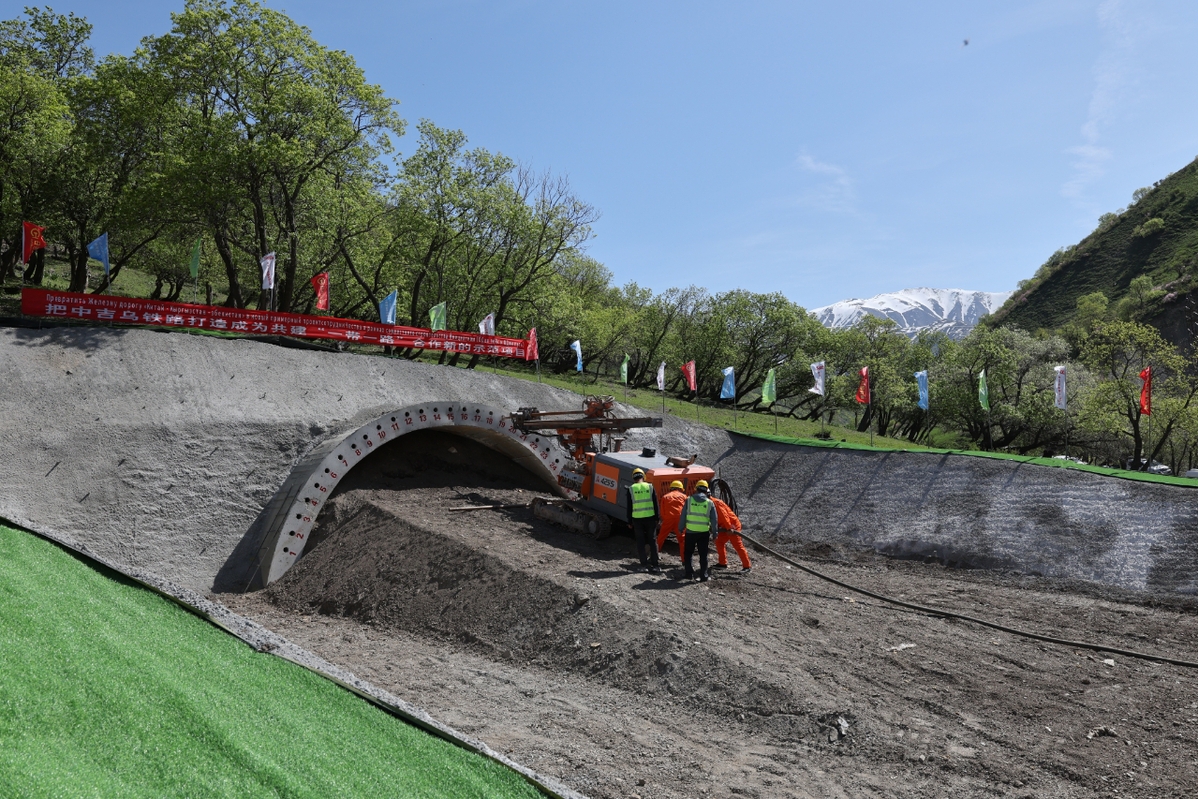
Construction officially commenced on three critical tunnels — Fergana Mountain, Naryn No 1 and Koshtet — along the Kyrgyz section of the China-Kyrgyzstan-Uzbekistan (CKU) Railway on Tuesday, marking a major milestone as the project advances into its mainline construction phase, according to China State Railway Group, which is overseeing the development.
These tunnels represent some of the most technically demanding and strategically vital components of the Kyrgyz segment, which traverses challenging mountainous terrain. Their groundbreaking indicates solid progress on the CKU Railway — a signature international infrastructure project under the Belt and Road Initiative — as it moves closer to becoming a key transport corridor in Central Asia.
Designed for trains running at speeds of up to 120 kilometers per hour, the railway is set to significantly enhance connectivity between China and Central Asia. The route will start in Kashgar, in Northwest China's Xinjiang Uygur autonomous region, and run through Kyrgyzstan's rugged landscape before reaching Uzbekistan.
According to the company, China is responsible for building the section within its own borders, while Uzbekistan will upgrade its domestic segment. In Kyrgyzstan, a joint venture company — China-Kyrgyzstan-Uzbekistan Railway Co Ltd — has been established by enterprises authorized by the three governments to manage financing, construction, and future operations. On the Chinese side, China Railway International Co Ltd, a subsidiary of China State Railway Group, is taking the lead in executing the project.
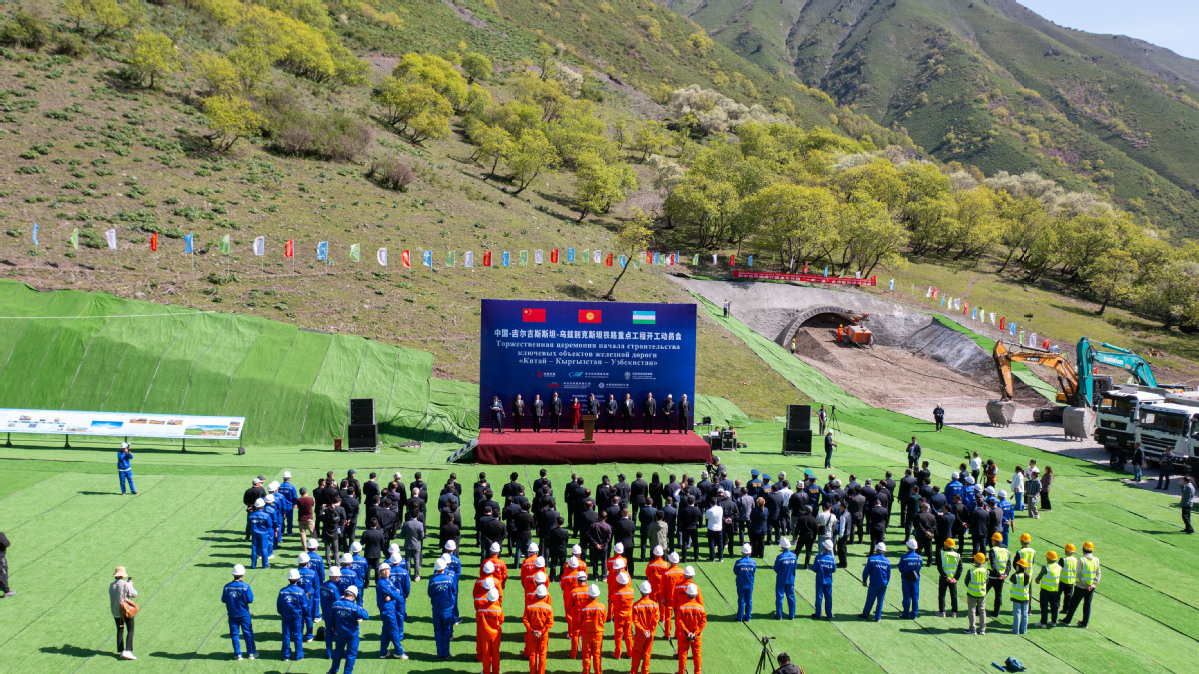
Upon completion, the CKU Railway will offer a shorter, more cost-effective overland route for freight transport between China and Europe via Central Asia. It is expected to strengthen regional connectivity, boost trade and investment, and support the economic development of countries along the corridor.
The railway will also provide Kyrgyzstan and Uzbekistan with a vital new link to global markets, improving their integration into international supply chains while reducing transportation time and costs.
Currently, cargo transport between China and the two Central Asian countries relies on combined road and rail routes or detours through Kazakhstan. Once operational, the CKU Railway will reduce travel time, eliminate multiple loading and unloading procedures, and lower the cost of moving time-sensitive goods like agricultural produce.
In addition, the new railway will offer landlocked Central Asian nations a crucial outlet to the sea by connecting to China's extensive rail network, which stretches to major ports along the Pacific Ocean.
















